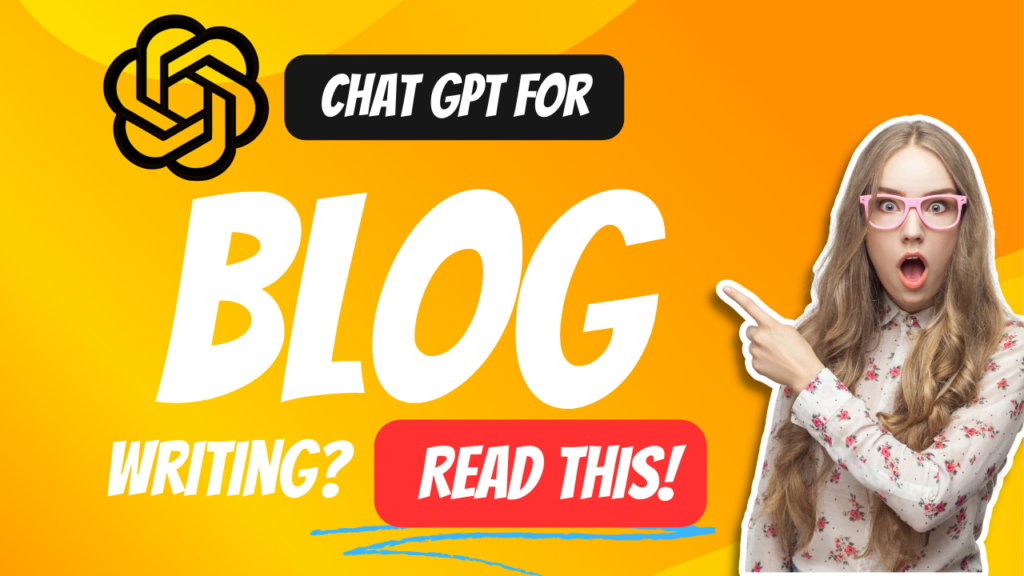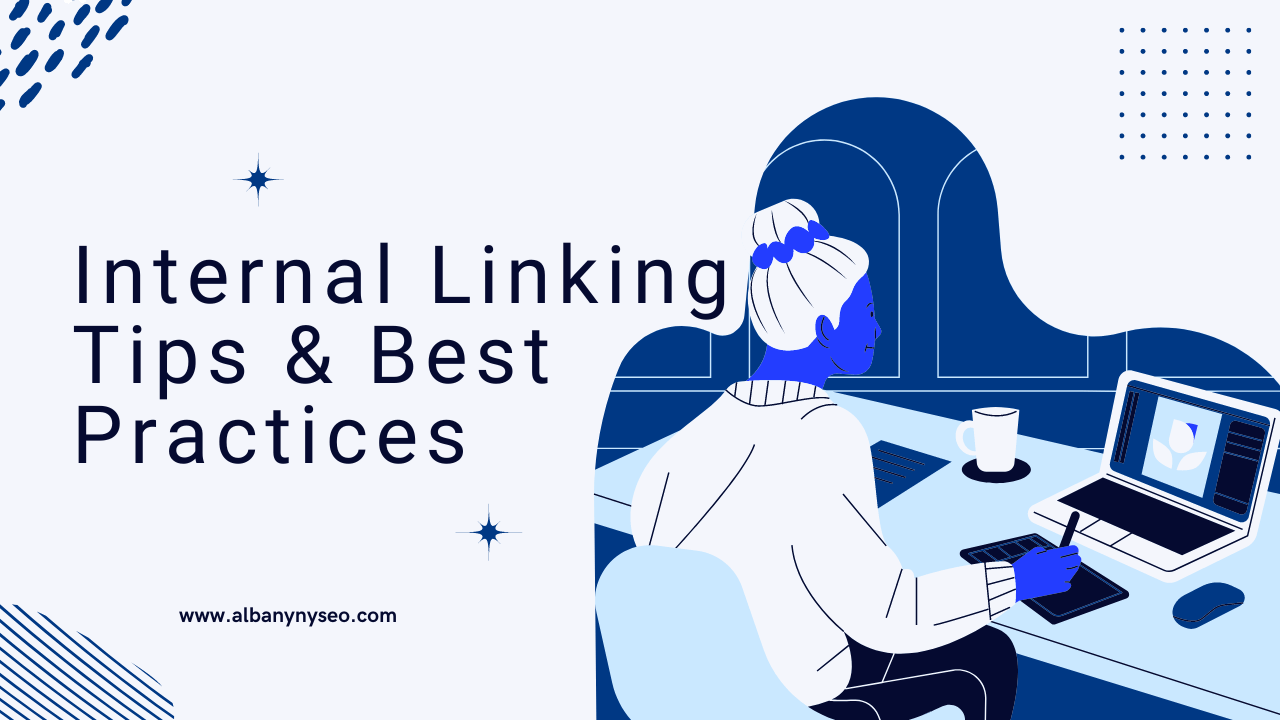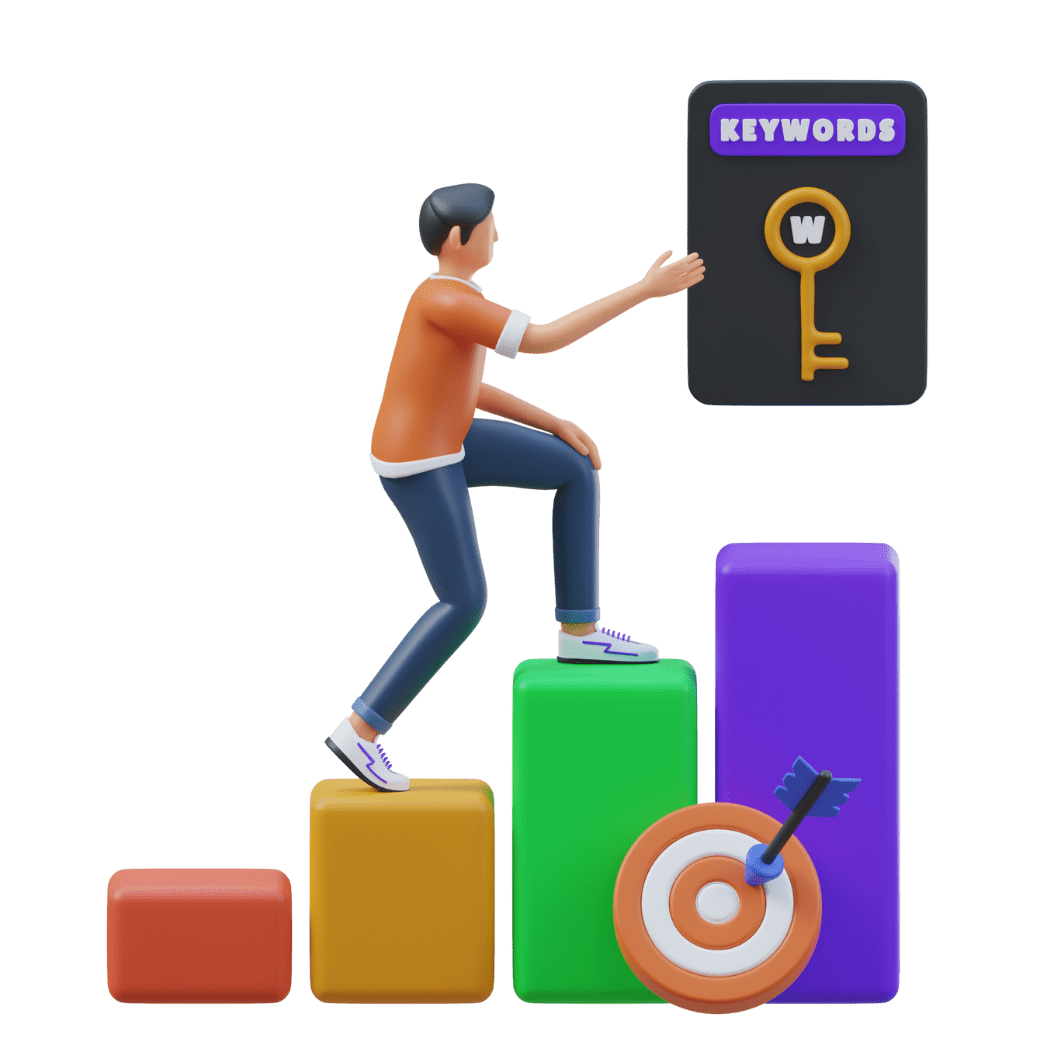As a blog writer, there are a thousand responsibilities on your shoulders. You just don’t have to write a piece of information. Rather, you have to connect with your target audience, align with your brand voice, keep the content fresh, and whatnot. In these times, chatbots like ChatGPT seem to be a genuine solution, saving time and effort.
But the question is, “How effective is ChatGPT for blog writing?” Well, ChatGPT can be your friend in the blogging journey, from generating outlines to writing complete articles. Yet, as with any tool, it comes with its own set of disadvantages. But fear not; we’re here for your help. This article serves as a crash course on how to write an effective blog using chatGPT, harnessing the strengths of chatGPT while intelligently mitigating its limitations. Let’s dive right in!
How to Use ChatGPT for Blog Writing
We discussed how ChatGPT can effectively help you write blogs. However, there’s one thing you need to do. Add your input to the process. So how do you do it? You’ll have to give instructions to the ChatGPT and let it work its magic. Don’t worry. The instructions aren’t that hard.
ChatGPT Prompts for Blog Writing
Here’s your step-by-step guide on how to write an effective blog using ChatGPT
1. Generate Ideas for Your Blog
Let’s say you’re passionate about fitness and wellness, and your blog focuses on providing tips and insights for a healthier lifestyle. In this scenario, ChatGPT can help you with content creation. Let’s say you want to explore the topic of “Mindful Eating” for your blog.
Here’s the ChatGPT prompt you’ll use: “Generate 10 article ideas for a blog on mindful eating.”
The result will be a collection of innovative ideas. These include the following:
- The Science of Mindful Eating: How It Impacts Your Health and Well-Being
- Mindful Eating vs. Intuitive Eating: What’s the Difference?
- 7 Mindful Eating Techniques to Improve Your Relationship with Food
Note: ChatGPT doesn’t offer keyword information, including search volume, trends, and difficulty. These are the main factors to consider when writing a blog.
To fill in this gap, consider using an SEO tool with ChatGPT. For instance, Google Search Console can provide you with valuable insights into the most effective keywords.
2. Crafting an Outline
Once you’ve selected a specific topic, ChatGPT can assist in crafting a detailed outline for your blog post.
Using a command like “Mindful Eating vs. Intuitive Eating: What’s the Difference?” ChatGPT will generate a structured outline that covers key points to include in your article.
This outline will offer you a clear direction for your content. Now, it’s time to edit and personalize it according to your unique insights.
3. Crafting a Captivating Introduction
We’re now moving on to the writing part.
Here’s your ChatGPT prompt, “Write an introduction for a blog post on ‘Mindful Eating vs. Intuitive Eating: What’s the Difference?”
This will allow ChatGPT to write an introduction that draws your readers into the world of mindful eating. You can then add your personal touch and position yourself as a credible voice in this niche.
4. Generate Content Section-by-Section
Breaking your blog post into sections allows for a systematic approach. Let’s say your outline includes sections like “Mindful Eating” and “Intuitive Eating.” You can instruct ChatGPT to provide content for each of these sections.
For example, for the section “Mindful Eating,” Your ChatGPT prompt will be “Explain the concept of mindful eating and its significance in maintaining a healthy diet.”
Here, ChatGPT will provide a well-structured explanation that can help readers understand mindful eating and how it affects health.
5. Write a Seamless Conclusion
This is going to be the last part of your blog. Make sure to leave a lasting impression on your readers.
Here’s how ChatGPT can help you, “Write a conclusion for a blog post on ‘Mindful Eating vs. Intuitive Eating: What’s the Difference,’ summarizing the benefits of mindful eating.“
ChatGPT will generate a conclusion that will cover the main points of your article, leaving a lasting impression on your readers. Moreover, you can add a Call To Action (CTA) to allow your readers to engage further with your brand.
Here, you can add a CTA like Explore Related Articles or Join the Mindful Eating Discussion
Now, if you’re thinking you can directly post this blog on your website, we have something in store for you.
Here’s Why You Shouldn’t Use ChatGPT for Blog Writing
Since CahtGPT is an AI tool, at the end of the day, you just can’t trust it with everything. Let’s talk about the problems this ChatGPT offers when it comes to blogging.
1. Lack of a Personal Touch
When you publish content, it’s a reflection of your brand and expertise. The best blogs are the ones that communicate with the audience and make emotional connections with them. Unfortunately, ChatGPT fails to do both. The outcome? Readers leave your site. Therefore, editing and adding your personal touch is crucial to maintaining consistency with your brand’s voice and connecting with an audience at a deeper level.
2. Inaccurate Information
Here’s the deal: ChatGPT’s knowledge has an expiration date, which is the latter part of 2021. So, it might serve up facts that are outdated. Some of this information can be completely wrong. Hence, to keep your readers’ trust, be the fact-checker. Make sure what you’re posting is fresh and accurate.
3. Plagiarism Concerns
ChatGPT sometimes produces content that closely resembles existing content, leading to plagiarism issues. While the tool should generate unique content, it’s wise to verify if it’s original or not. You can use Grammarly’s Plagiarism Checker to ensure your content is genuinely yours.
4. Quality Assurance
Blogs produced by ChatGPT may not always meet the highest standards of quality. You might find errors, grammatical mistakes, or even awkward phrasing that require additional editing and proofreading. Ensuring your content is polished and high-quality is crucial for the success of your blog.
5. SEO Challenges
Lastly, using AI content for blogs can negatively impact your search engine rankings. The reason is that the AI-generated content lacks original thought, which is a crucial component for SEO success. Google values content that demonstrates expertise, authoritativeness, and trustworthiness (E.A.T.). This is yet another thing ChatGPT fails to provide, which terribly affects your SEO ranking.
Is ChatGPT Trustworthy for Blogging?
Talking about Chat GPT vs. blogging, we already know the upsides and downsides of using Chat GPT. It can’t be a trustworthy partner, but it can definitely help you with the writing process. To give you a figure, according to websitesetup.org, there are over 1.7 billion websites with a total of 6 billion indexed web pages in the world today. So I’ll ask you; How do you make your blog stand out from the crowd? Definitely not by using ChatGPT.
You need to have experts involved in your content creation process. From keyword research to setting the tone to double-checking the facts, everything requires expert help. The question is, where do you get this help from? Luckily, Albany NY SEO has a team of experts ready to take your blog writing to the next level. Although they do use ChatGPT to speed up the process, everything else is handled by their experts to ensure your blogs get the ranking they deserve.
Conclusion
Here comes the million-dollar question. How effective is ChatGPT for blog writing? It’s clear that while it can be a valuable tool, it comes with limitations. These include personalization and maintaining high-quality content. In a digital world with billions of websites, standing out requires expertise and a human touch.
That’s where Albany SEO steps in as your trusted partner. While ChatGPT can assist in the writing process, Albany SEO offers a team of experts who can take your blog to the next level. From comprehensive keyword research to ensuring your content aligns with your brand voice, their expertise ensures your blogs not only stand out but also rank on Google.








